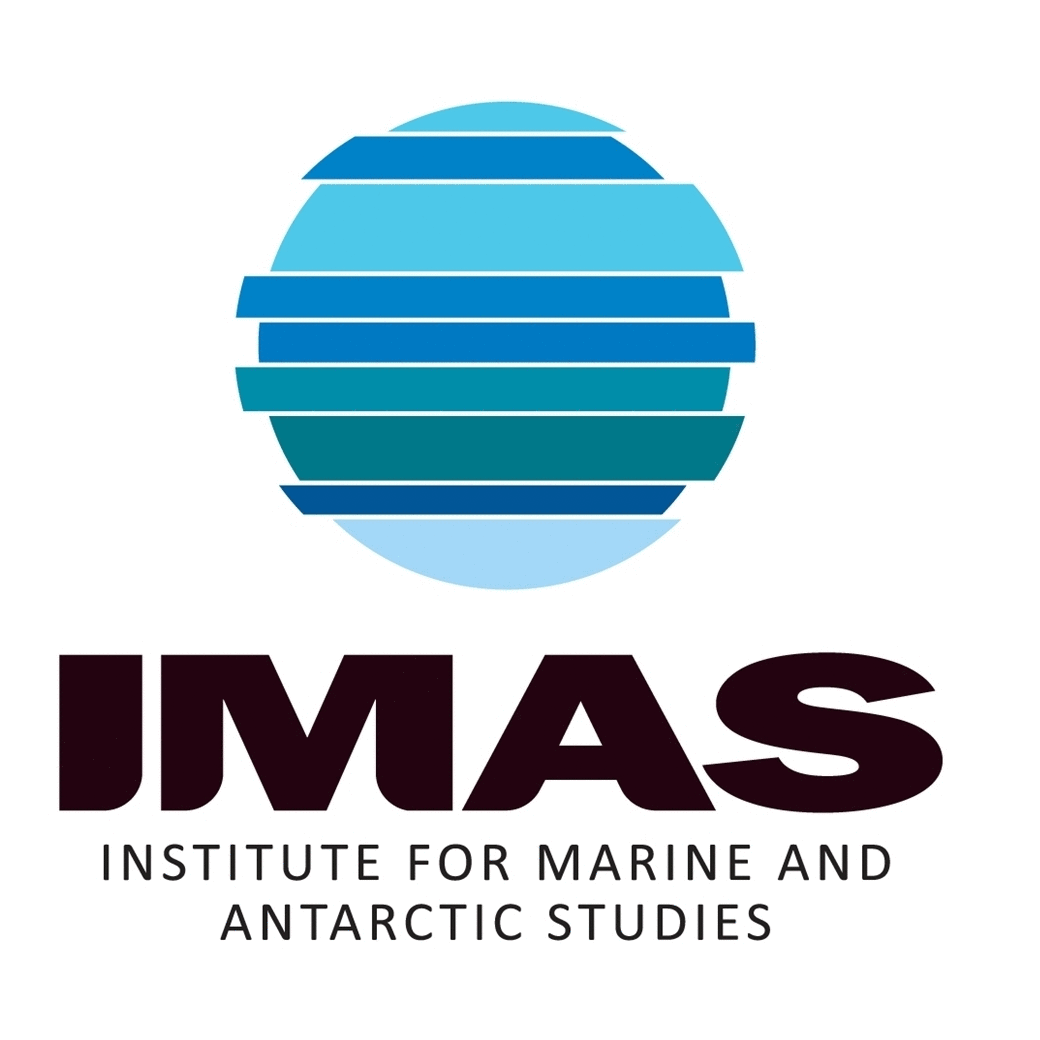non-market valuation
Type of resources
Topics
Keywords
Contact for the resource
Provided by
Years
-

This record provides an overview of the NESP Marine and Coastal Hub small-scale study - "Quantifying the ecosystem services of the Great Southern Reef". For specific data outputs from this project, please see child records associated with this metadata. -------------------- The Great Southern Reef (GSR) is an 8,000 km network of temperate rocky reefs stretching from Western Australia to New South Wales. Dominated by kelp forests, it is one of the world’s most biodiverse and productive marine ecosystems, supporting important fisheries, tourism, cultural values, and ecological functions. Despite its significance, kelp forests are in decline due to ocean warming, marine heatwaves, pollution, and expanding herbivore populations—threatening both biodiversity and the services these reefs provide. Evidence-based management is hindered without accurate estimates of the GSR's contribution to society and the economy. This project delivered the first systematic synthesis of existing data on the ecosystem services and economic value of the GSR, focusing on shallow reefs (0–50 m). Market and non-market services—such as commercial and recreational fishing, tourism, carbon sequestration, and existence value—were assessed for each state in which the GSR occurs. The synthesis highlighted the high societal dependence on the GSR, with over 17 million Australians living within 50 km of its waters and significant national engagement in related economic and cultural activities. All data inventoried by the project were aligned with national and international environmental-economic accounting standards to support future inclusion in Australia’s ocean accounting frameworks. This inventory provides the foundation for developing a national ocean account for kelp forests, and identifies the key data gaps that must be addressed to fully capture the GSR’s value and guide long-term policy and investment. Outputs • Inventory of data collated and assessed for the purpose of developing ecosystem accounts for GSR • Final technical report with analysed data, including a short summary of recommendations for policy makers of key findings (written)
-

This record provides an overview of the NESP Marine and Coastal Hub scoping study - "Research needs for a national approach to socio-economic values of the marine environment". For specific data outputs from this project, please see child records associated with this metadata. -------------------- Effective management of natural resources and biodiversity requires an integrated understanding of the complex relationships between people and nature. This project reviewed a range of socio-ecological frameworks to identify which system components influence environmental outcomes, and which are most relevant for policy design and behaviour change. A key point of difference from previous NESP Marine Biodiversity Hub projects was an additional theme on implementation pathways, enabling research to inform the full progression from policy to on-ground action. Through a co-design process with stakeholders, the project identified priority social and economic research needs and assessed the availability of relevant datasets to meet them. A key outcome was the identification of three common decision contexts faced by managers—monitoring, trade-off analysis, and promoting behaviour change—and the matching of appropriate frameworks and data to each context. The findings highlight critical data gaps, while providing practical guidance on how existing information can be strategically used to inform management and policy decisions. Outputs • Inventory of compiled datasets relating to relevant economic values, threats, and socioeconomic values for Case Study locations [data inventory] • Four fact sheets, each based around common decision contexts encountered by the project [written] • Final Project Report [written]
 IMAS Metadata Catalogue
IMAS Metadata Catalogue